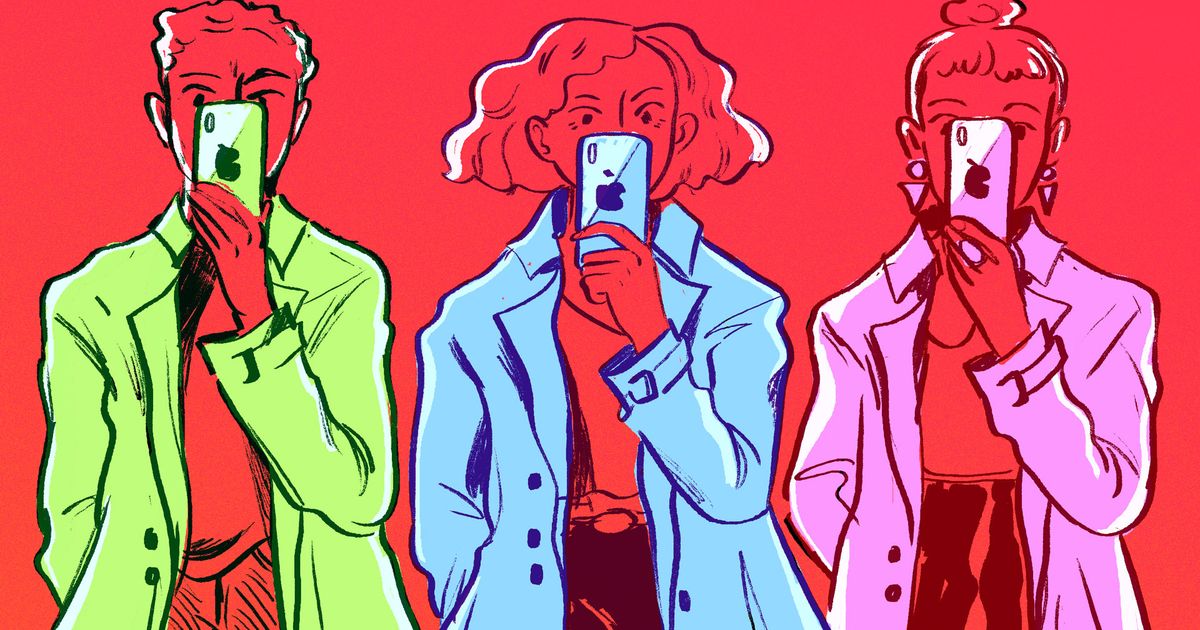Contact-tracing apps have been hailed as a crucial tool in the battle against the coronavirus. But as states rush to release their own home-baked versions, not everything has gone to plan.
In late April, North Dakota Gov. Doug Burgum announced the release of Care19. The app, the result of a partnership between the North Dakota Department of Health (NDDoH) and developer ProudCrowd, aims to help slow the spread of the coronavirus. Unfortunately for everyone pinning their hopes on a quick technological fix, Care19 doesn’t always work as advertised.
“There are cases where we did not set expectations properly,” admitted Care19 developer Tim Brookins over email.
With a coronavirus vaccine estimated to be 12 to 18 months away, tech giants and elected officials are placing their hope in contact-tracing apps. Designed to track individuals’ movement and record when they cross others’ paths, a successful contract-tracing app — privacy concerns aside — could theoretically help health officials alert people who have been exposed to the virus, who could then be told to self-isolate.
According to its Google Play developer page, ProudCrowd’s other work consists of the Bison Tracker app, which enables “[North Dakota State University] fans to interact on their way to the big game.”
Even so, Care19 presents itself as the 21st century version of a tried-and-true public health technique that gained prominence during the HIV/AIDS crisis of the 1980s.
“Care19 uses state-of-the-art GPS location data to help trace the places you have visited,” reads the Care19 App Store description. “If you test positive for COVID-19, with your permission, this anonymous and confidential data can be shared with the Department of Health to more efficiently identify others with whom you were in contact with.”
The Android version of Care19.

Image: screenshot / google play
For that to happen, however, the app has to work as advertised — which, acco

